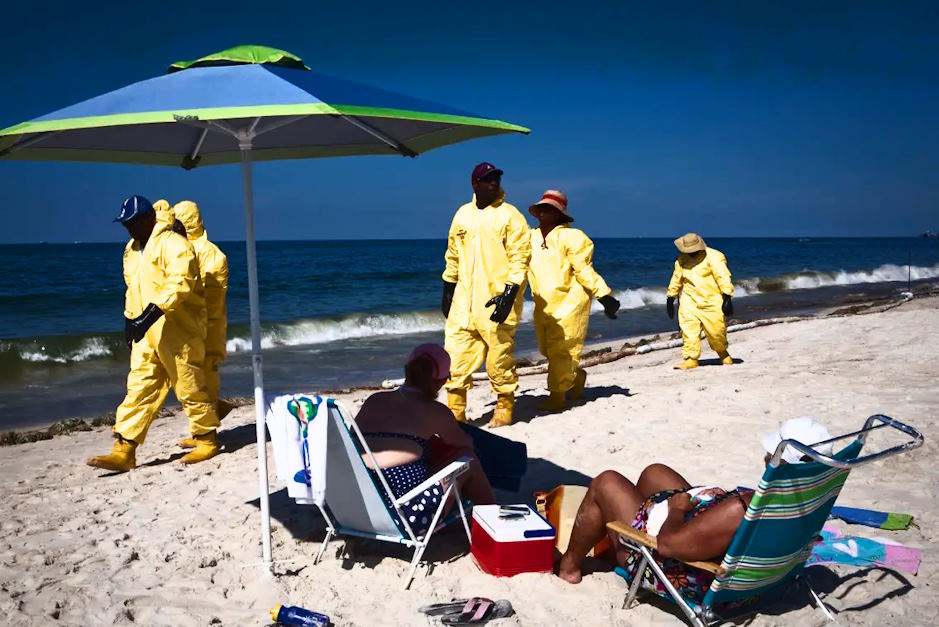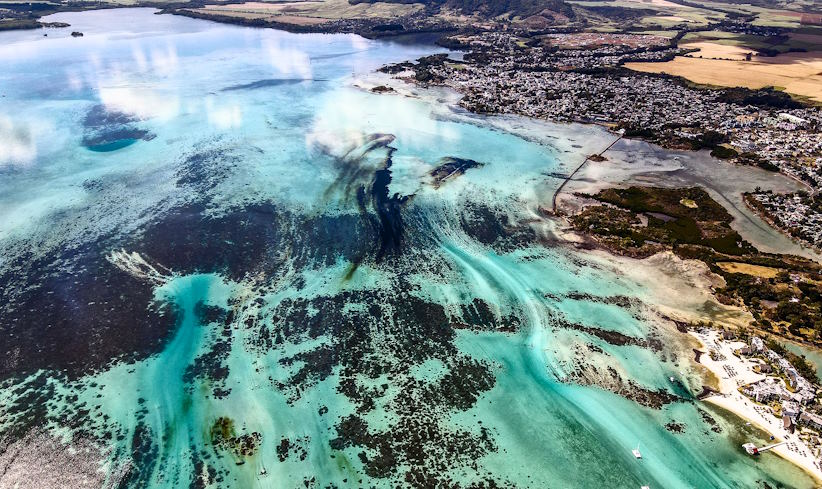
Oil Spill Impact on Tourism and Coastal Economies
Oil spills are not just environmental disasters; they have far-reaching economic consequences, particularly for coastal communities heavily reliant on tourism. This article sheds light on the long-term impacts of oil spills on coastal tourism and how these incidents threaten the livelihoods of coastal economies.
Long-Term Consequences on Coastal Tourism
- Immediate Tourism Disruption
When oil spills occur near popular tourist destinations, the immediate impact is a decline in visitor numbers. Travelers avoid oil-affected areas due to safety concerns and negative perceptions.
- Damaging Brand Image
Coastal regions often rely on their pristine natural beauty and clean beaches to attract tourists. Oil spills tarnish the brand image of these destinations, deterring visitors for years to come.

Threat to the Livelihoods of Coastal Economies
- Loss of Revenue
Tourism generates significant revenue for coastal communities, supporting local businesses and jobs. Oil spills result in decreased income for hotels, restaurants, tour operators, and other businesses.
- Unemployment and Economic Strain
Reduced tourism leads to job losses, affecting the livelihoods of many residents. Local economies face strain as businesses struggle to survive or close down.

Assessing the Economic Fallout of Oil Spills
- Property Devaluation
Properties in oil-affected areas may lose value, impacting homeowners and real estate markets. Decreased property values result in reduced property tax revenue for local governments.
- Government Spending on Cleanup
Governments allocate significant funds for oil spill cleanup and recovery efforts. These expenses divert resources from other essential services.
Oil spills have profound and lasting impacts on coastal tourism and economies. Understanding these consequences is crucial for oil spill prevention and response planning. Coastal communities, industries, and governments must work together to implement stringent safety measures, enforce regulations, and promote sustainable practices to protect their natural assets and economic well-being. Only through proactive efforts can we safeguard these vulnerable coastal regions and ensure that they continue to thrive as tourism destinations and economic hubs.